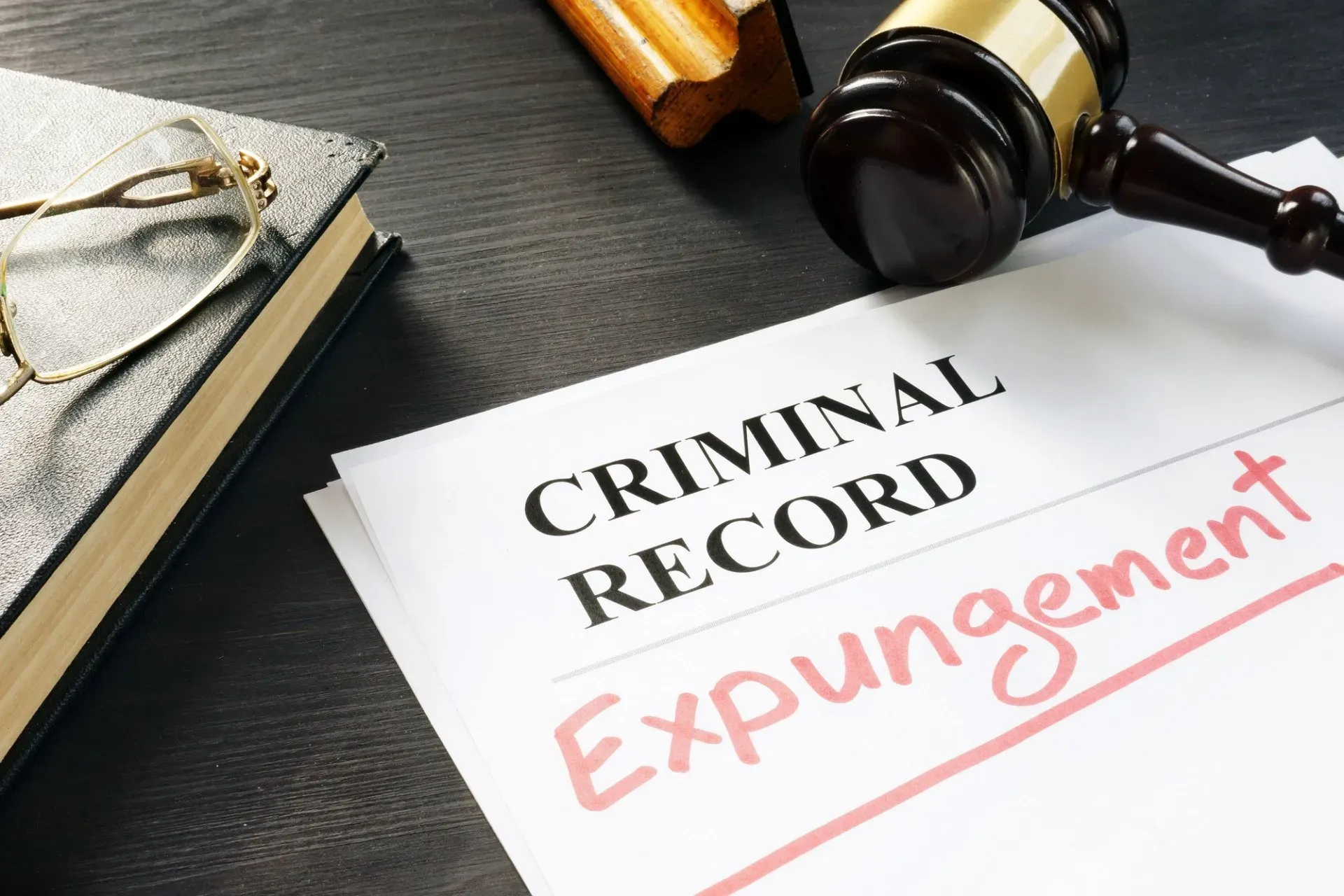Keeping a clean record is something that we all value. Having criminal records can be a real setback in life. It can also make it harder to get a job, rent an apartment or even receive an education. Many people are scared of having criminal records, but the truth is that there are ways to get them cleared.
It is best to talk to a criminal lawyer in Canberra if you have been charged with a criminal offence, as they can advise you on the best way to deal with the situation and ensure that you avoid getting a criminal record.
What Exactly Are Criminal Records?
Criminal records are a formal document that contains details of a person’s convictions, cautions, and other findings of guilt.
In Australia, criminal records are managed by state and territory police services. When a person is charged with an offence, police create a criminal history record. This record is then stored on the National Police Reference System ( NPRS ).
The NPRS is a database that is used by all Australian police forces. It contains information about people who have been convicted of offences as well as those who have been charged with offences but have not yet been convicted.
When a person applies for a job, the employer may conduct a background check. This check may include running a police check, which will reveal any criminal convictions that are listed on the person’s record.
Different Criminal Records
If your offence does not necessitate court presence, you will not be able to obtain criminal records on your police check. The regulatory authority has the authority to issue tickets, penalties, and licence suspensions; these offences are not dealt with in court unless you choose to challenge them.
Most of the offences for which you are found guilty will be reflected in your police/criminal records. Some of the offences may be so significant that the following information will be revealed:
- Pending court charges and offences related to the case
- Serious Convictions/Charges against corporate organisations
- Sentences and Convictions the court gives you or for which you have been charged by an Australian police force
- Sexually related offences
- Traffic charges for which an individual is convicted
However, if a court finds you guilty of an offence but refuses to convict you, the charge gets Spent and does not appear on your police criminal record.
Checking Criminal Records Online
There are different ways to check your criminal record through agencies online. The most common way to do this is by ordering a National Police Check (NPC) online page.
You need to be 14 years old or over when applying and be a permanent resident of ACT. You can apply for a National Police Check for personal or business reasons.
You will also likely be asked for a name, birth date, and contact details when applying online. You'll receive an email informing a request to come to your local police station to have your fingerprints taken.
When Is a Conviction Spent?
Under the Spent Conviction Scheme, a person's conviction is " spent " if he or she:
- has been given a pardon for a reason other than being wrongfully convicted, or
- was not given a jail sentence or jailed for more than 30 months for the crime, and the waiting period for the crime is over.
Right to Non-Disclosure
The Scheme generally gives you the right to not tell another person or authority about your spent, pardoned, or quashed conviction, whether it was for a federal, state, territory, or foreign crime. This is called a "right to non-disclosure." It gives you the right to say under oath that you were not charged with or found guilty of the crime.
So, Is It Possible to Clean My Criminal Record?
It is. Thanks to spent conviction legislation in place in all Australian States and Territories . The main element of this law is a “Spent Convictions Scheme”; this means that your conviction will be removed from your criminal record after a certain amount of time has passed. The time period that must pass before a conviction is considered spent varies from state to state.
In order to get spent convictions in the ACT, you must meet the following criteria according to the Spent Convictions Act 2000 :
- Adult criminals have a 10-year crime-free period, whereas minor offenders have a 5-year period.
- Criminal offences with a prison term of more than 6 months cannot be spent. Sexual offences are not among the possible spent convictions.
The effect of having a spent conviction is that you do not have to disclose the conviction when applying for a job, renting accommodation, or getting an overseas travel visa.
What Situations Will an NPC Disclose Spent Convictions?
The NPC will only reveal spent convictions if the position you are applying for involves working with children , the elderly , or people with disabilities , your potential employer may ask to see your criminal record, even if it is spent. This is because these types of positions are considered " child-related " positions under the law.
For most other jobs, your spent convictions will not be revealed on a National Police Certificate. However, there are some exceptions to this rule. For example, suppose you are applying for a job as a security guard or a contract worker with the Commonwealth government. In that case, your potential employer may be able to see your spent convictions.
However, if an employer requires a police check as part of their recruitment process, they may be able to see charges that are pending against you. This is because police checks show all court appearances, not just convictions. So, if you have been charged with an offence but the matter is still before the courts, this will appear on your police check.
If you have been found guilty of an offence but the court has refused to convict you, this will also appear on your police check. This is because a finding of guilt is still a conviction, even if the court does not convict you.

How Much Does a National Police Check Cost?
The cost of a National Police Check varies depending on who you apply through. The ACT Police Force charges $42 for an online application .
There are also a number of private companies that offer National Police Checks for a fee. These companies typically charge around $40-$55 for a National Police Check.
Getting Legal Help
If you have any questions about National Police Checks or spent convictions, you should speak to a lawyer. Andrew Byrnes Law Group can assist you with any questions you may have about any legal matters. You can contact us at (02) 6243 3620 or fill out our online form and we will get back to you as soon as possible.
'
Date:
May 25, 2025
Author:
Andrew Byrnes
/
Managing Partner





















.jpg)
.jpg)
.jpg)
.jpg)

